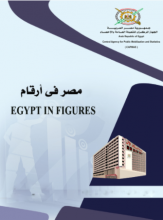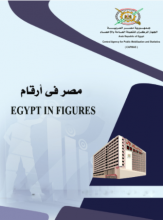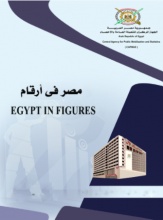Poverty
Lebanon’s political development since independence has been influenced primarily by its evolving confessional system. However, this system, originally established to balance the competing interests of local religious communities, is increasingly seen as an impediment to more effective governance as it has resulted in a paralysis in decision-making and a general hollowing out of the state. Lebanon’s confessional system has also proven extremely vulnerable to external influence, which has bred and exacerbated local conflict and violence. Subject to the design of reforms that are incentive compatible with the twin overarching constraints the following opportunities could materially improve Lebanon’s development prospects: a) reduce macro-fiscal vulnerabilities; (b) improve governance and effectiveness of public institutions; c) address energy gaps to increase productivity of the private sector and reduce the macro-fiscal burden; d) strengthen ICT so Lebanon is fully connected to the global economy and can develop jobs needed in the 21st century; e) modernize the education sector to ensure youth have skills relevant to employers; f) improve the business climate to ease the burden on firm creation and operation; g) increase investments in transportation so people and products can move efficiently; and h) address environmental issues to protect Lebanon’s natural resources, including water. Reforms in these areas must be tackled with a sense of urgency if Lebanon is to generate the number and quality of jobs it needs for its citizens and achieve progress towards the twin goals, to avoid further deterioration in the well-being of citizens and, importantly, to manage the added pressures stemming from regional conflicts.
Related Topics
-
Egypt in Figures - Population 2022
2022"Egypt in Figures" is a booklet issued each year by the Central Agency for Public Mobilization and Statistics (CAPMAS). It contains the most...Read More -
Egypt in Figures - Education 2022
2022"Egypt in Figures" is a booklet issued each year by the Central Agency for Public Mobilization and Statistics (CAPMAS). It contains the most...Read More -
Egypt in Figures - Economy 2022
2022"Egypt in Figures" is a booklet issued each year by the Central Agency for Public Mobilization and Statistics (CAPMAS). It contains the most...Read More


